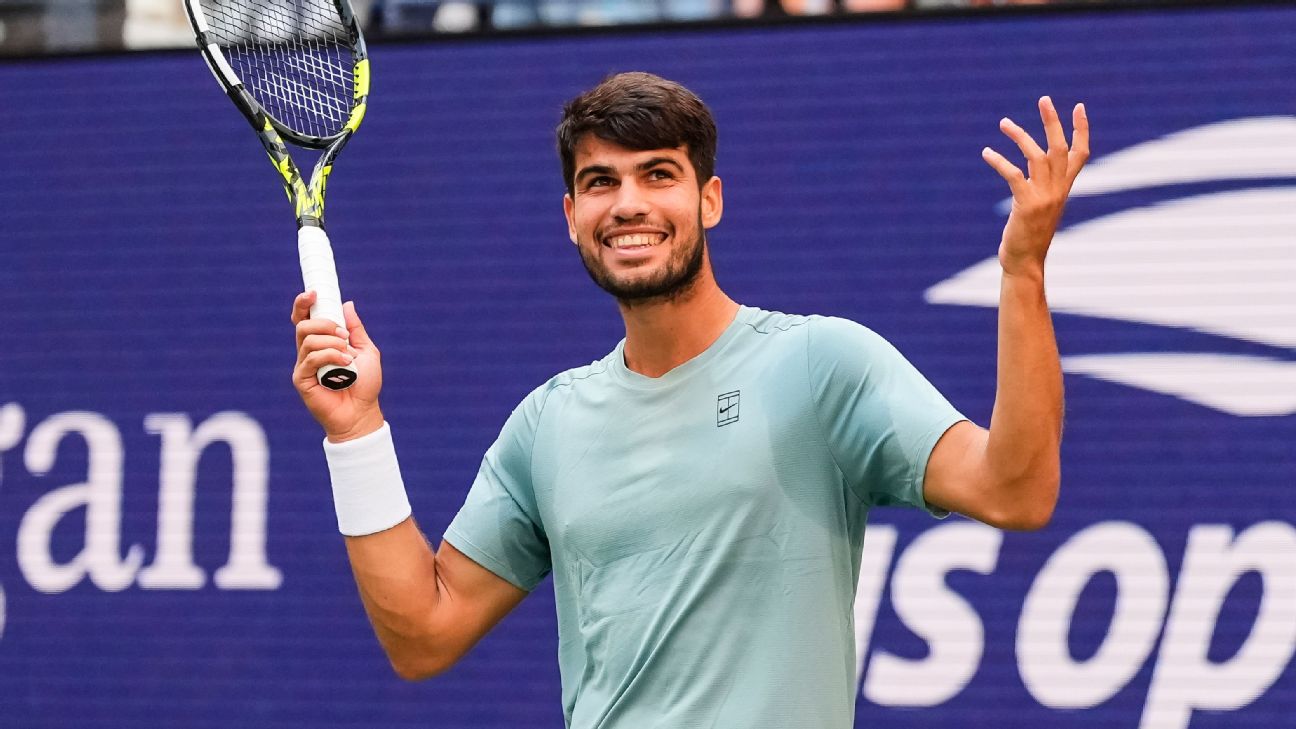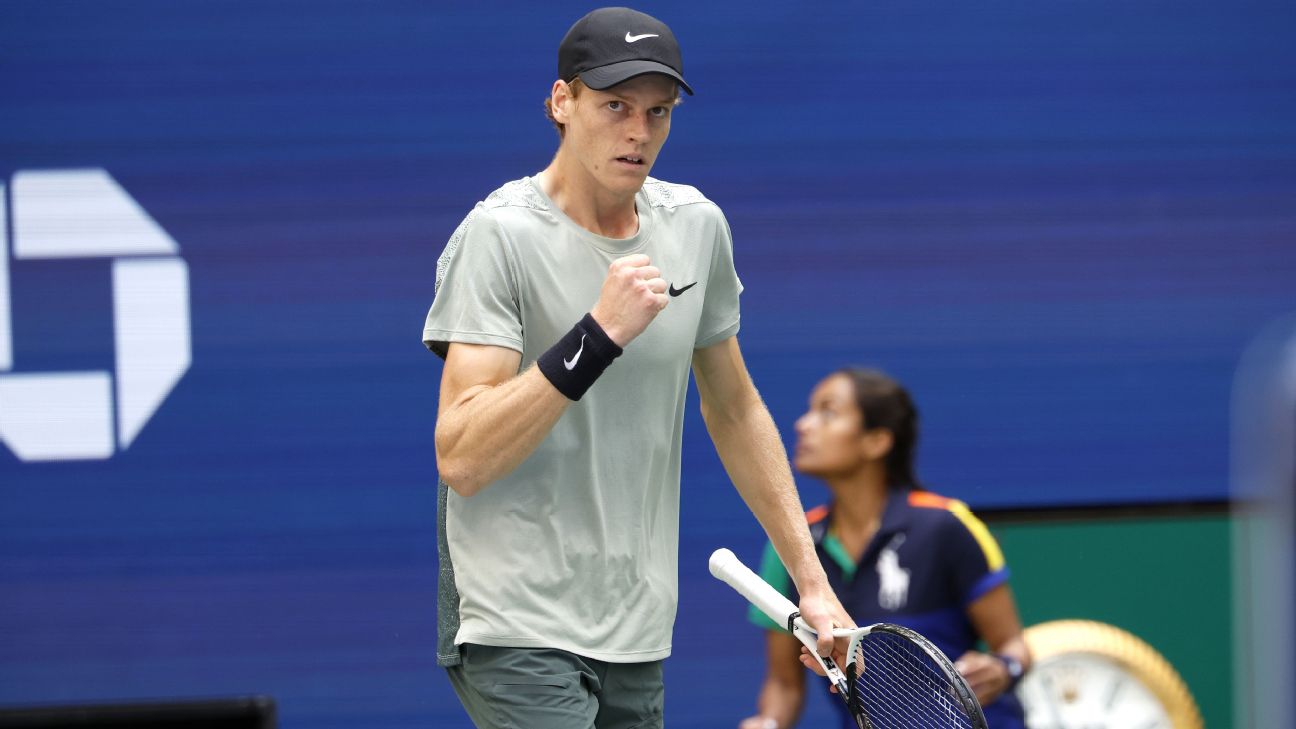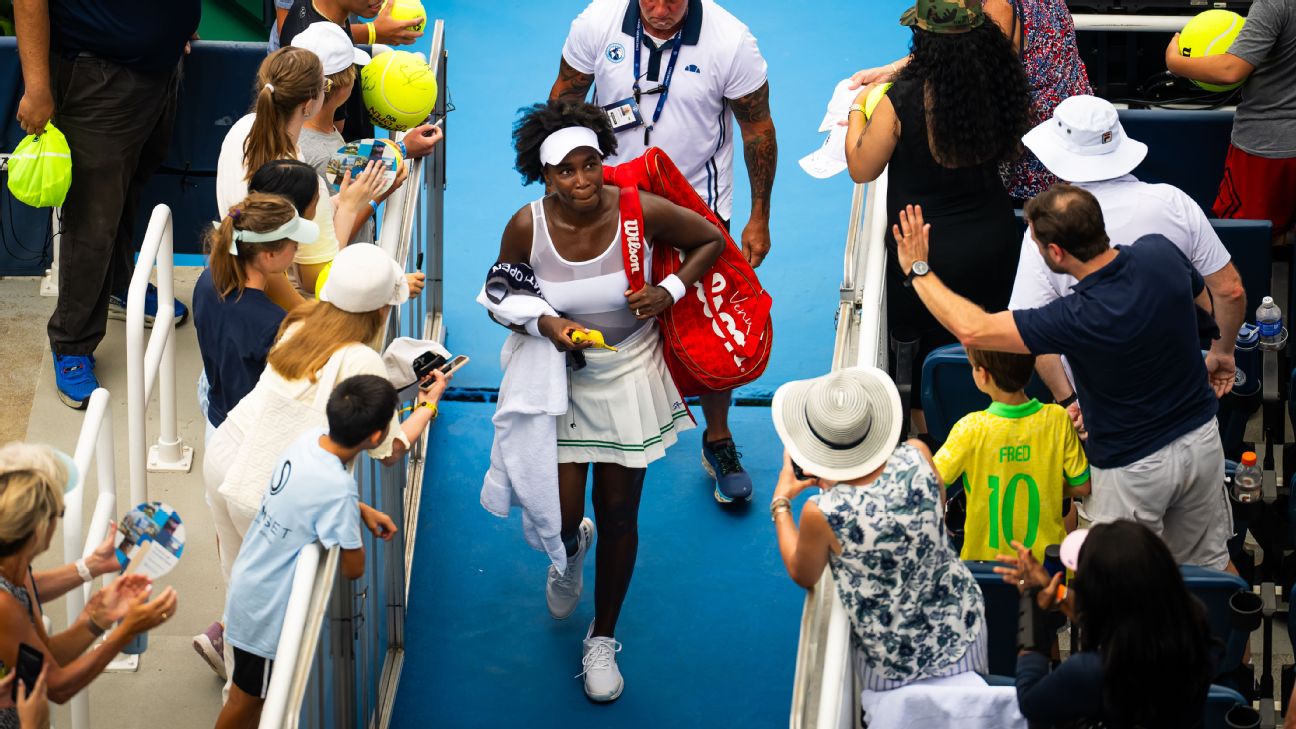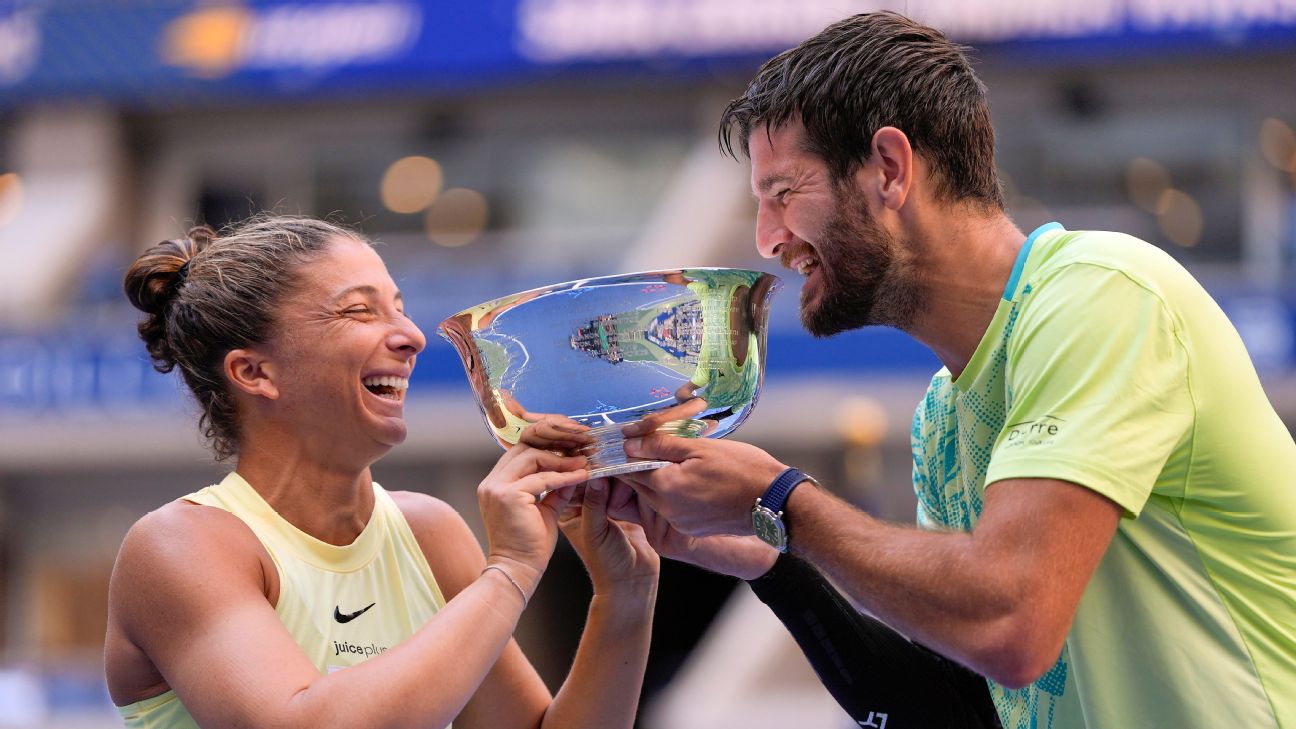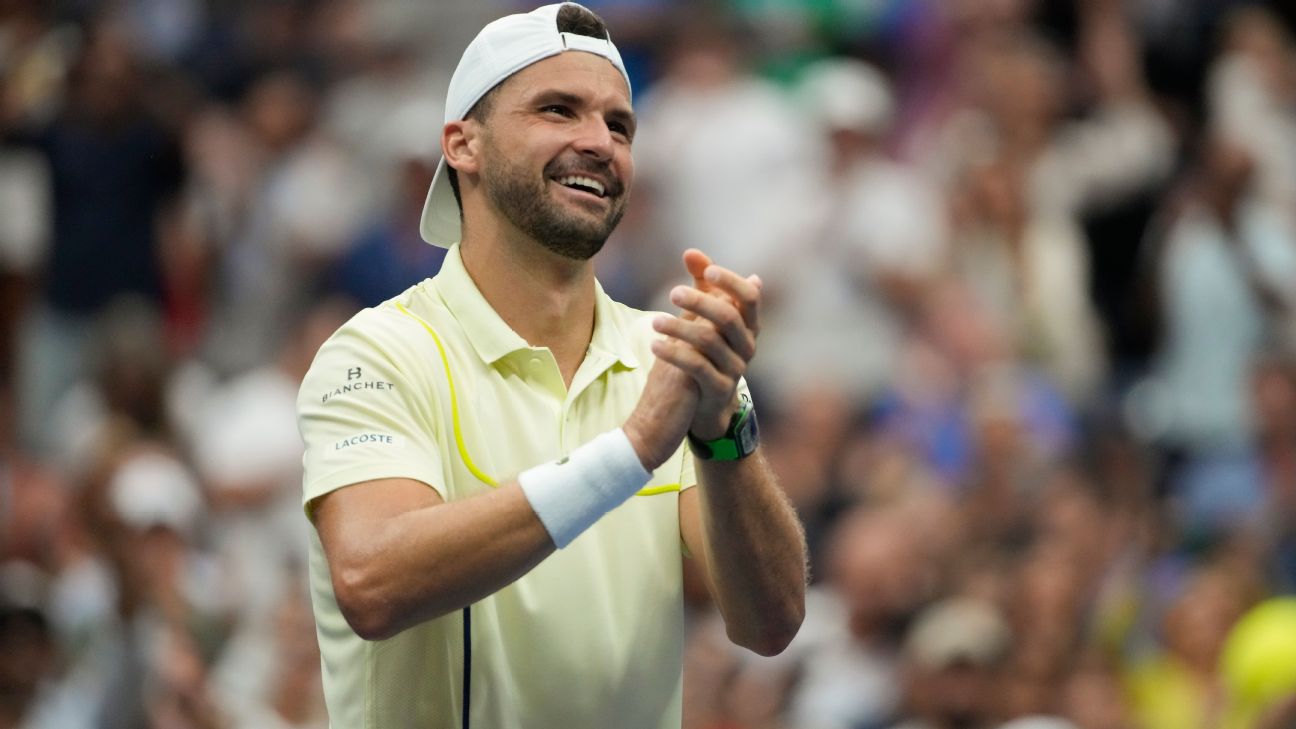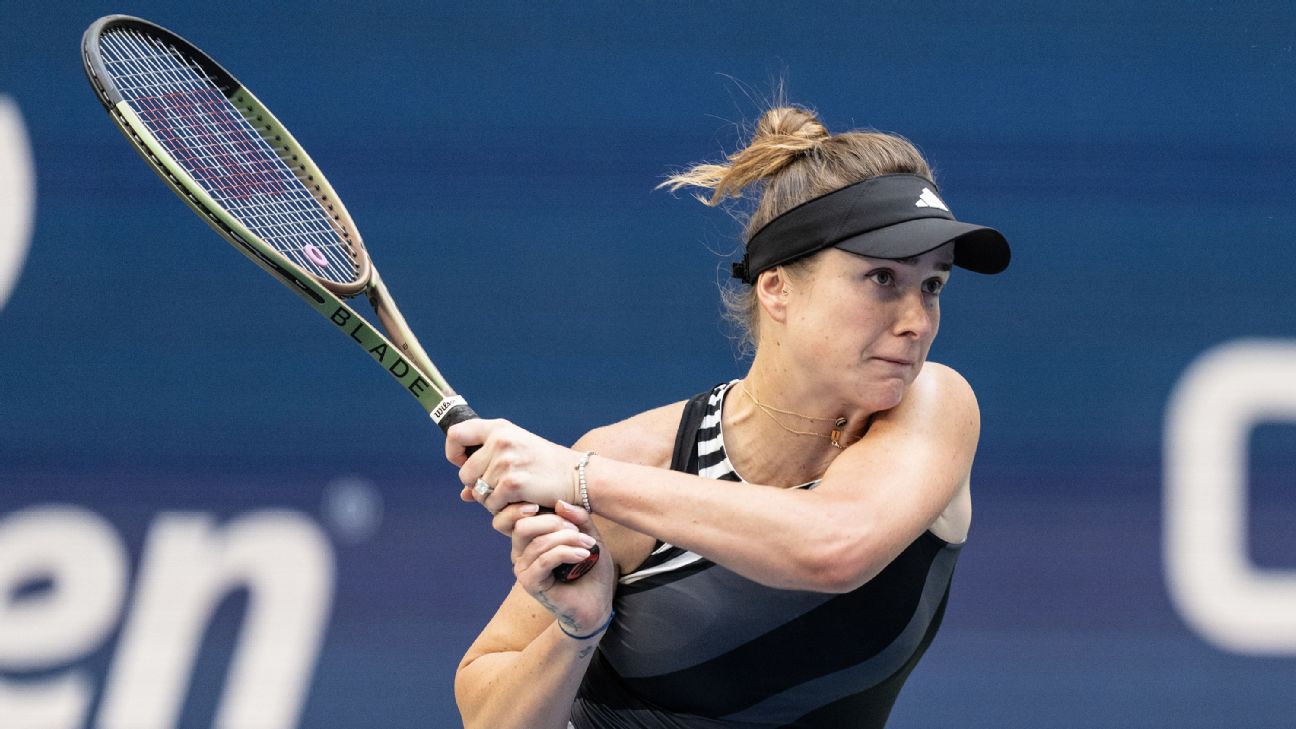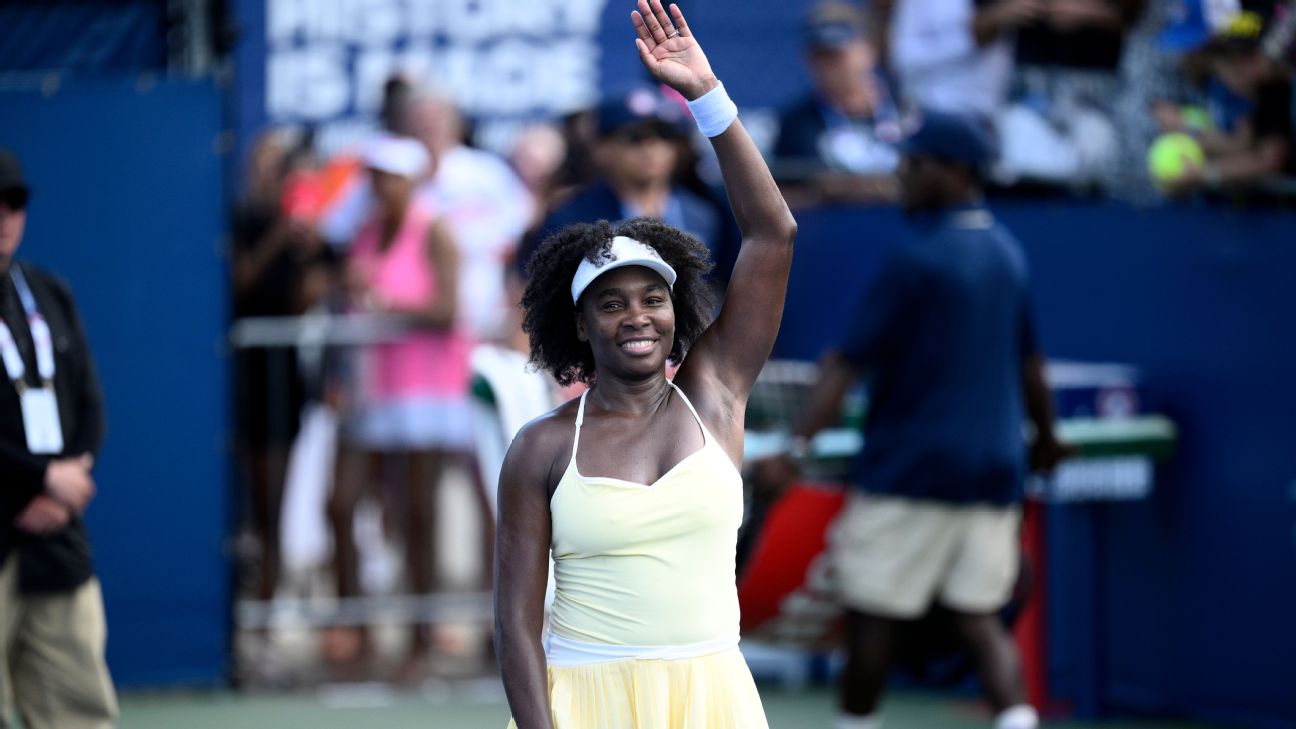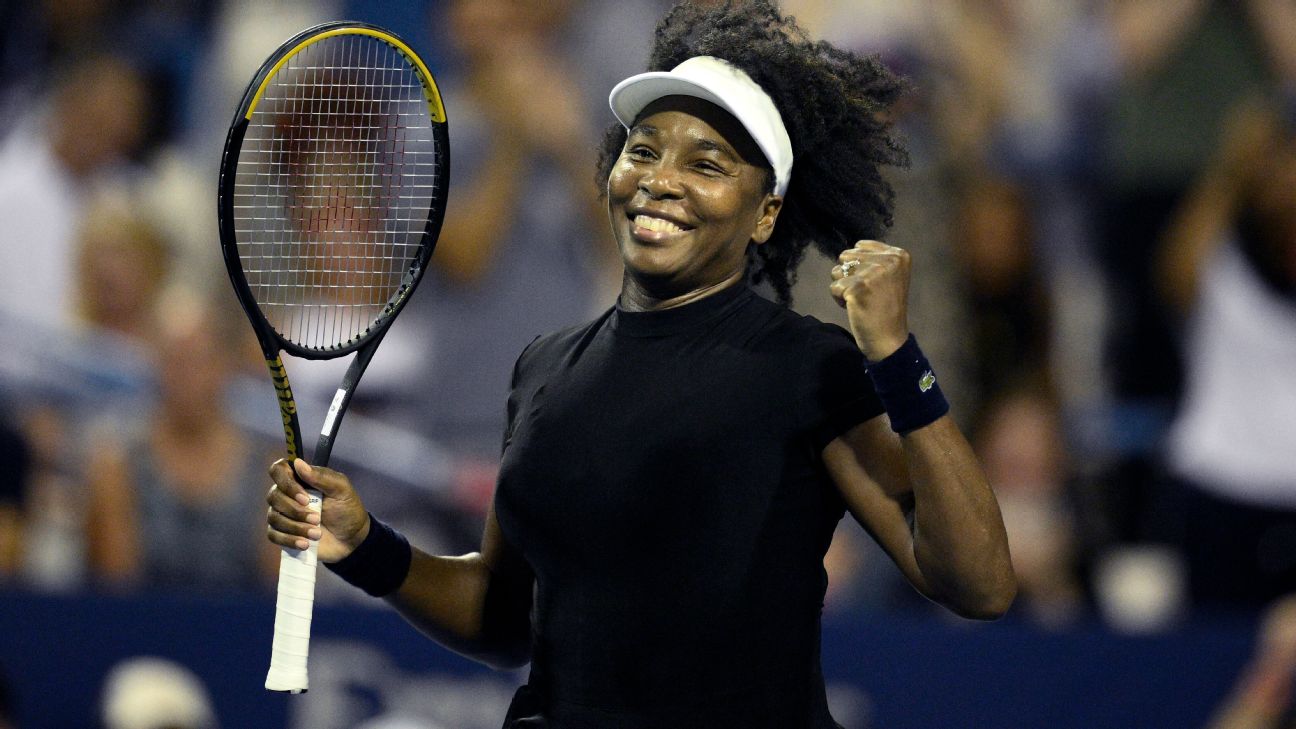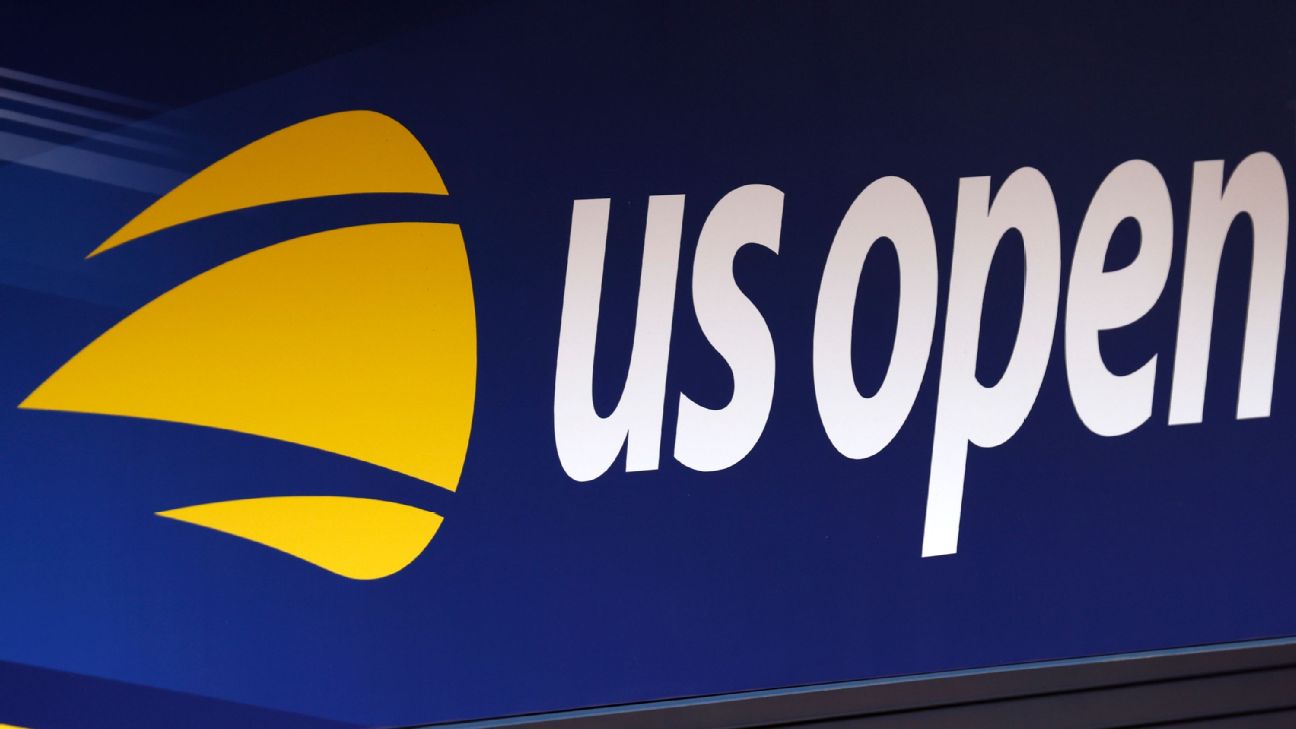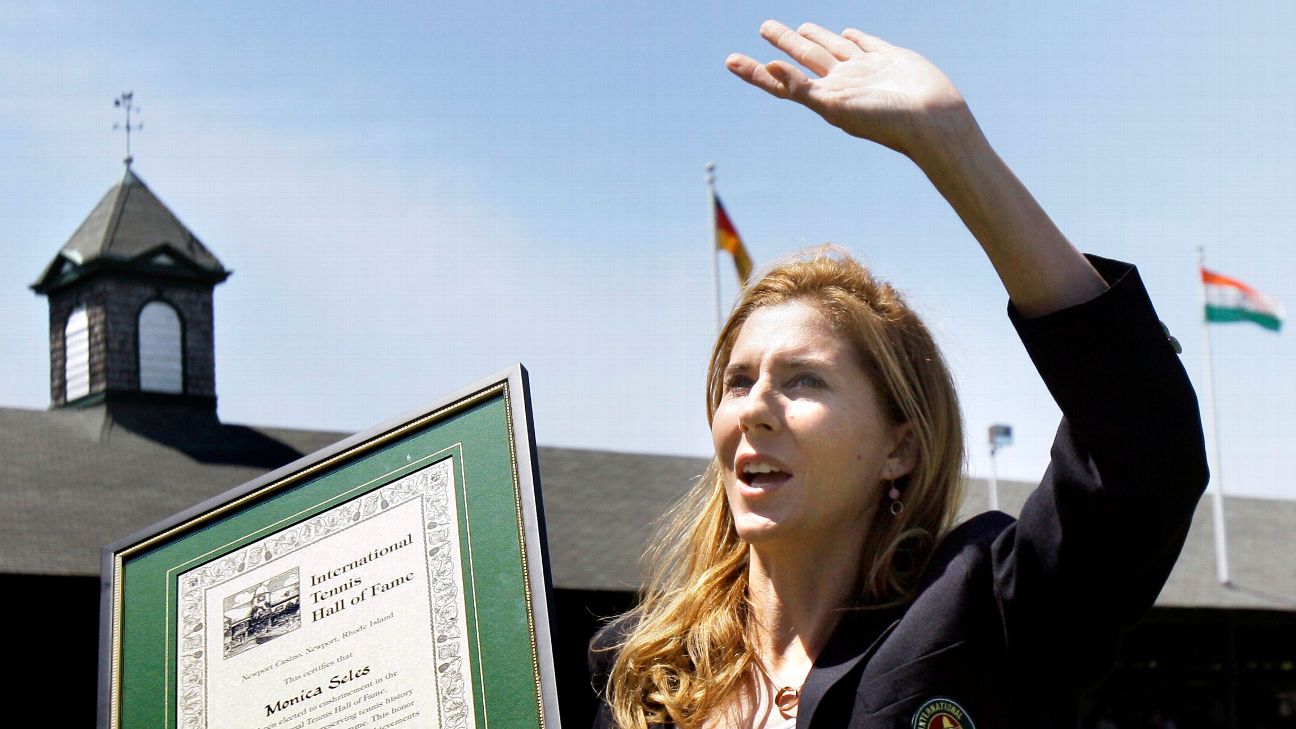Jabeur Slams French Open's Gender Bias in Match Scheduling
Ons Jabeur criticizes French Open organizers for prioritizing men's matches in prime evening slots, highlighting ongoing gender disparities in tennis scheduling.
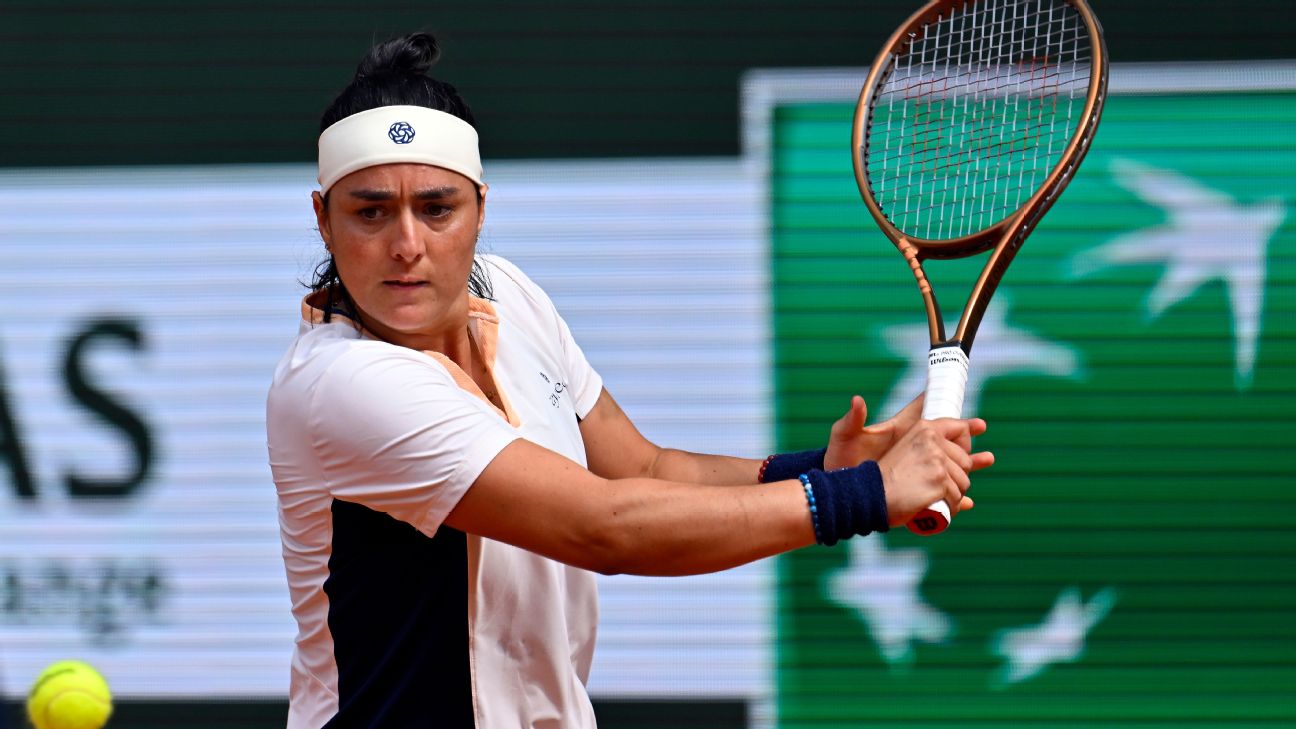
Ons Jabeur has voiced strong criticism against the French Open organizers for their continued prioritization of men's matches in the late-evening slot on Court Philippe-Chatrier. This decision has sparked a heated debate on gender equality in sports scheduling.
Persistent Gender Disparity in Scheduling
Since the introduction of the night session in 2022, only two out of 33 matches have been women's singles. This stark contrast underscores a significant bias in how matches are scheduled, favoring men's tennis over women's.
Jabeur's Stand Against Inequality
Jabeur, speaking after her first-round loss to Magdalena Frech, expressed her disappointment and frustration. "It's still sad that we are still seeing this," she remarked, emphasizing her ongoing stance against such disparities.
Impact on Women's Sports
Jabeur highlighted the broader implications for women's sports in Europe, noting the lack of visibility and support. "I hope whoever is making the decision, I don't think they have daughters, because I don't think they want to treat their daughters like this," she added, pointing out the irony in the lack of coverage for women's sports.
Calls for Change
Jabeur urged the French tennis federation and broadcasters to reconsider their scheduling decisions, advocating for a more balanced representation of both men's and women's matches. She cited specific examples of high-profile women's matches that deserved prime-time slots.
Response from the Federation
In response, Gilles Moretton, president of the French tennis federation, defended the scheduling decisions, stating that they aim to provide the best experience for spectators. However, Jabeur questioned the nature of these spectators, emphasizing that true fans would appreciate high-quality tennis regardless of gender.
Conclusion
Jabeur's critique sheds light on the ongoing challenges faced by women in tennis and sports at large. Her call for equitable scheduling is a crucial step towards achieving gender parity in the world of professional tennis.


